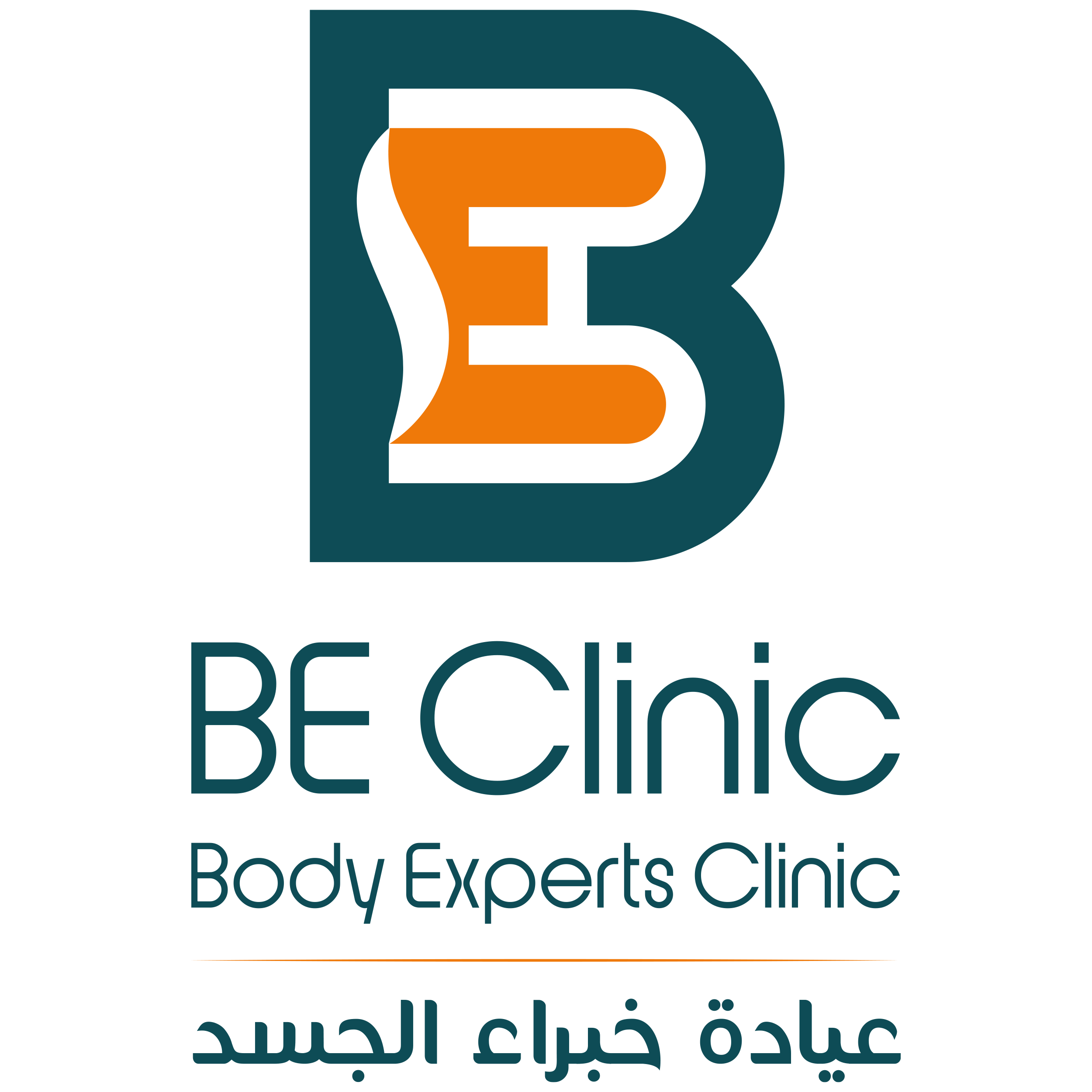
Are you experiencing pain that restricts your movement or prevents you from performing your daily activities?
Do you wish to return to your normal life without pain or restrictions?
Physical therapy may be the solution to your problem, whether you are an athlete, pregnant, a mother, elderly, or even suffering from an injury or chronic illness.
In this guide, you'll learn everything physical therapy has to offer, from its diverse specialties to how to choose the right specialist for your condition.
What is physical therapy?
Physical therapy (or physiotherapy) is a health specialty that aims to improve a patient's quality of life by restoring normal body movement, reducing pain, and preventing complications, using non-drug methods such as manual exercises, therapeutic devices, and motor education.
Quick Fact:
The word "physical therapy" means "physical treatment," which is the most common translation in the Arabic world. "Physiotherapy" is a literal translation often used in some Western countries.
Who can benefit from physical therapy?
Physical therapy serves all age groups and health conditions, most notably:
- Women: During pregnancy, postpartum, or to treat pelvic floor problems and urinary incontinence.
- Men: For conditions such as bladder disorders, pelvic pain, or post-operative problems.
- Children: especially those with cerebral palsy, motor delays, or congenital deformities.
- Athletes: To rehabilitate injuries, improve performance, and prevent relapses.
- Seniors: To improve balance, prevent falls, and enhance daily mobility.
- People with chronic diseases or injuries: such as strokes, spinal injuries, or breathing problems.
Discover our patients' successful experiences by clicking (here)
What are the specialties of physical therapy?
Physical therapy is divided into several main specialties, including:
Popular majors:
- Musculoskeletal therapy: for joint and bone pain such as knee osteoarthritis and back pain.
- Neurological therapy: for rehabilitation of stroke cases or brain and spinal cord injuries.
- Treatment of children: for motor delays and cerebral palsy.
- Women's Health: During pregnancy, childbirth, and urinary incontinence.
- Sports medicine: to rehabilitate injuries and improve athletic performance.
- Treatment for the elderly: to maintain balance and daily mobility.
- Men's Health: For urinary incontinence, pelvic pain, and sexual dysfunction.
Subspecialties and rare specialties:
- Cardiorespiratory therapy: to improve heart and lung function after hospitalization or surgery.
- Vestibular rehabilitation (balance): to treat dizziness and vertigo problems.
- Burn Rehabilitation: To reduce stiffness and restore joint movement after burns.
How is your condition assessed in a physical therapy session?
The treatment journey begins with clear and organized steps:
- Taking a detailed medical history.
- Conduct clinical examination and appropriate tests.
- Request tests or x-rays if necessary.
- Determine diagnosis and treatment plan.
- Periodic follow-up to evaluate progress and adjust the plan as needed.
What treatment options are available?
Based on your assessment, the specialist will suggest one of these plans:
- Consultation session only with personalized advice.
- One treatment session.
- Intensive program with close sessions.
- A treatment program with periodic, spaced-out follow-ups.
- Teletherapy sessions for patients who find it difficult to attend regularly.
How does a physical therapist become qualified?
The specialist goes through long educational and practical stages, starting with studying for a Bachelor of Physical Therapy (BPT), then specializing through:
- Academic path: Master's and PhD studies.
- Clinical Pathway: Through fellowship or board programs.
- He can also obtain local or international specialized certificates in specific fields such as manual therapy, sports rehabilitation, and others.
How do you choose the right specialist for your condition?
Choosing the right therapist can make a huge difference in how quickly you recover. Here are some tips:
✔ Make sure of the specialist's qualifications and exact specialization.
✔ Ask about the expected treatment plan and signs of improvement.
✔ Choose a place that provides you with comprehensive care and continuous follow-up.
Do you need a consultation or want to start your healing journey?
We're here to help you take your first step toward a pain-free life and better mobility.
📞 For reservations or inquiries: [ +966563052151]
🌐 Through our website: [ Click here to book an appointment from the website ]
📍 Our location: [Body Experts Clinic - Kingdom of Saudi Arabia - Jeddah - Tahlia Street]
📱 Don't forget to follow us on social media

